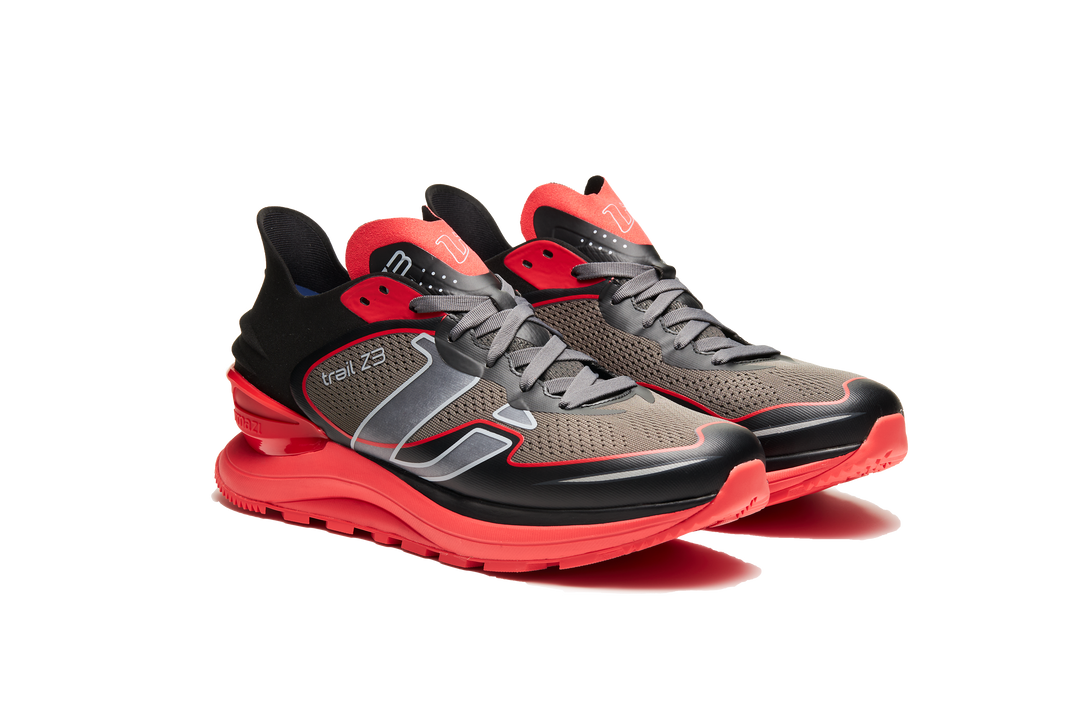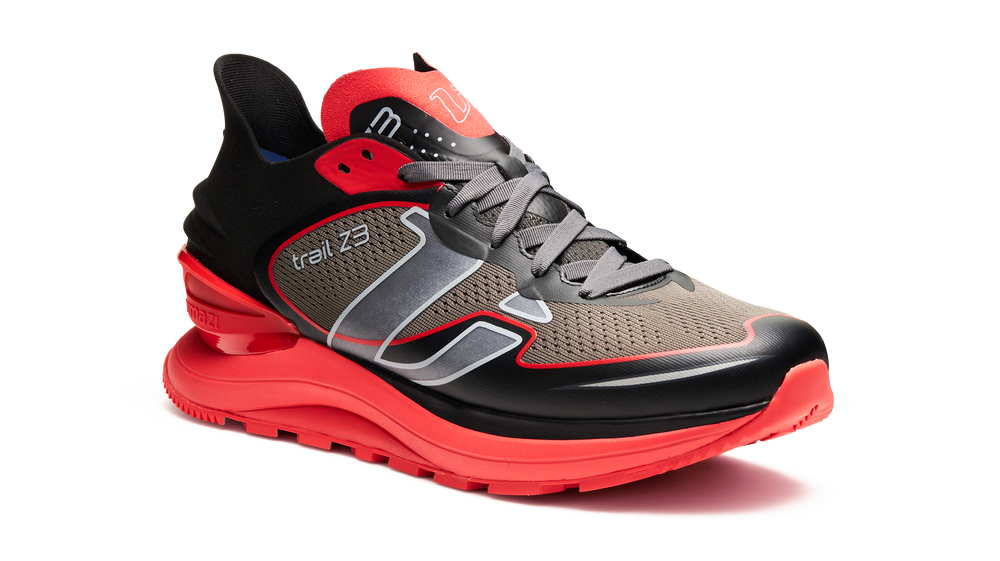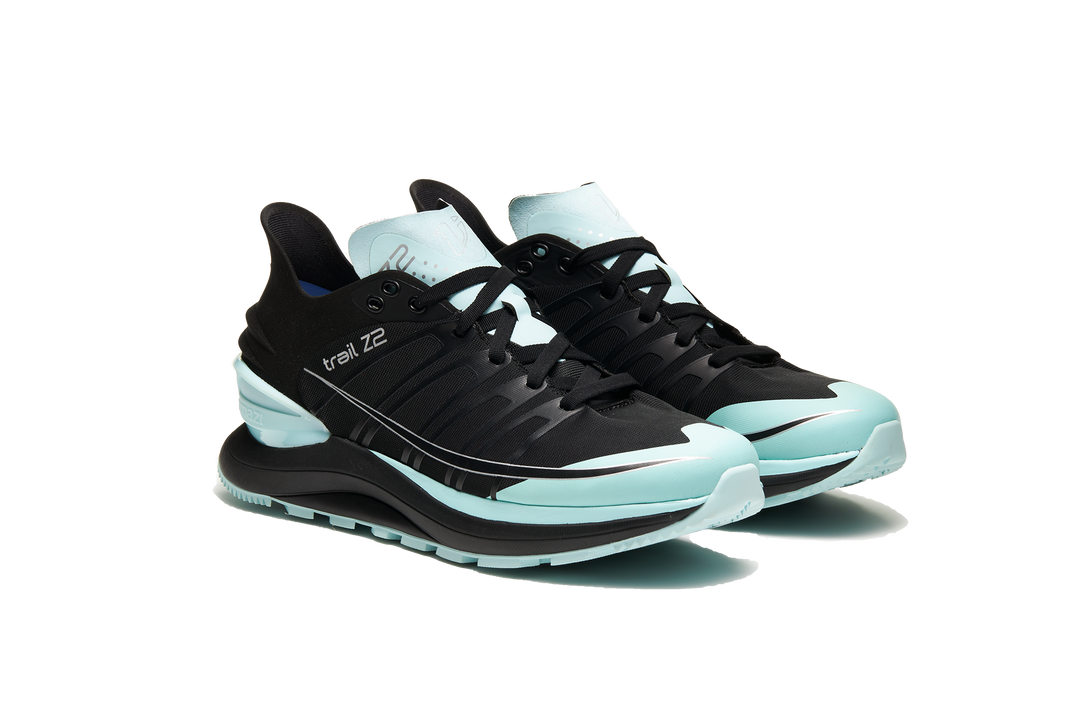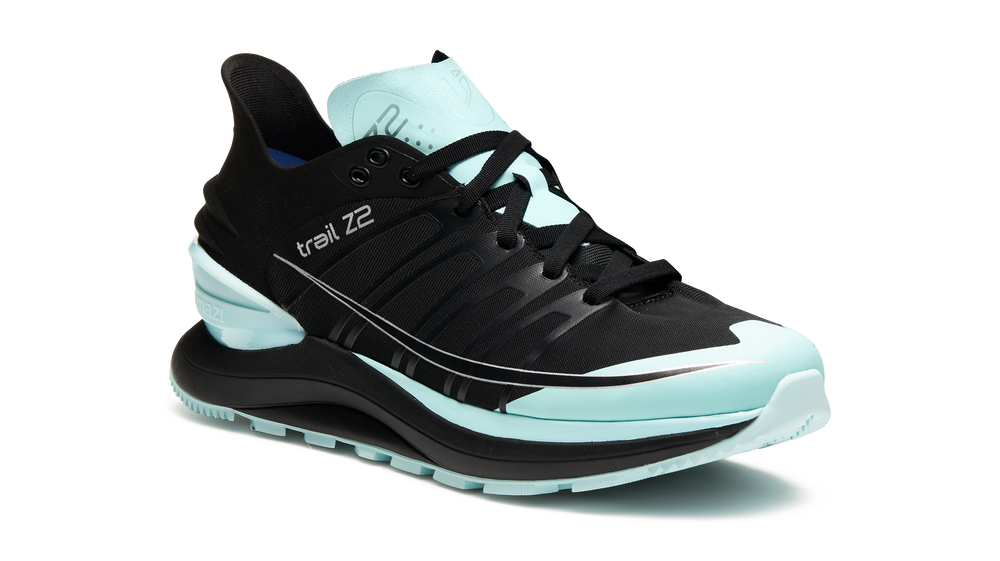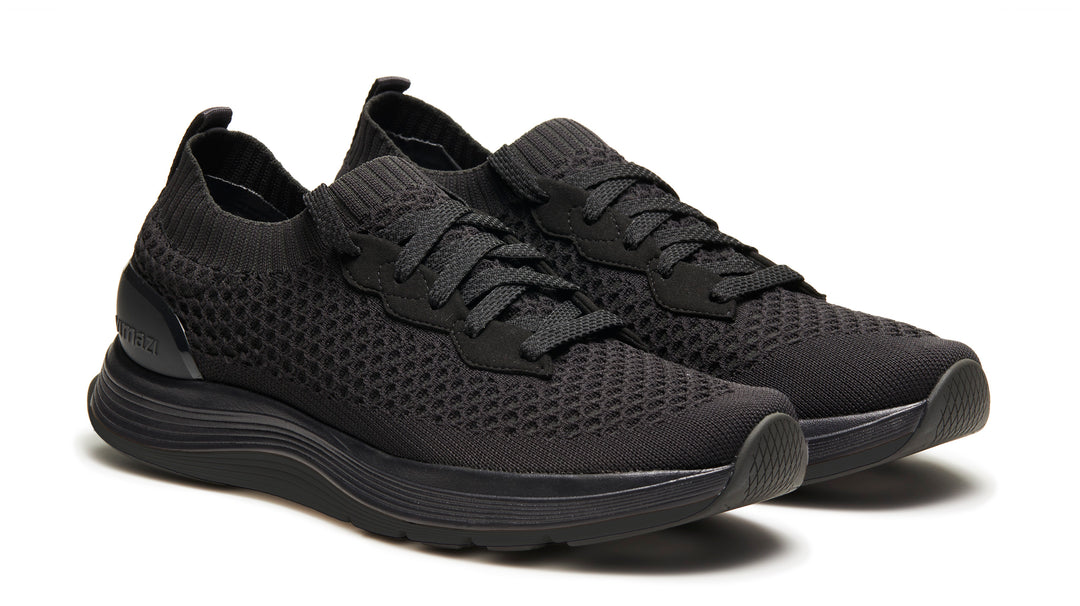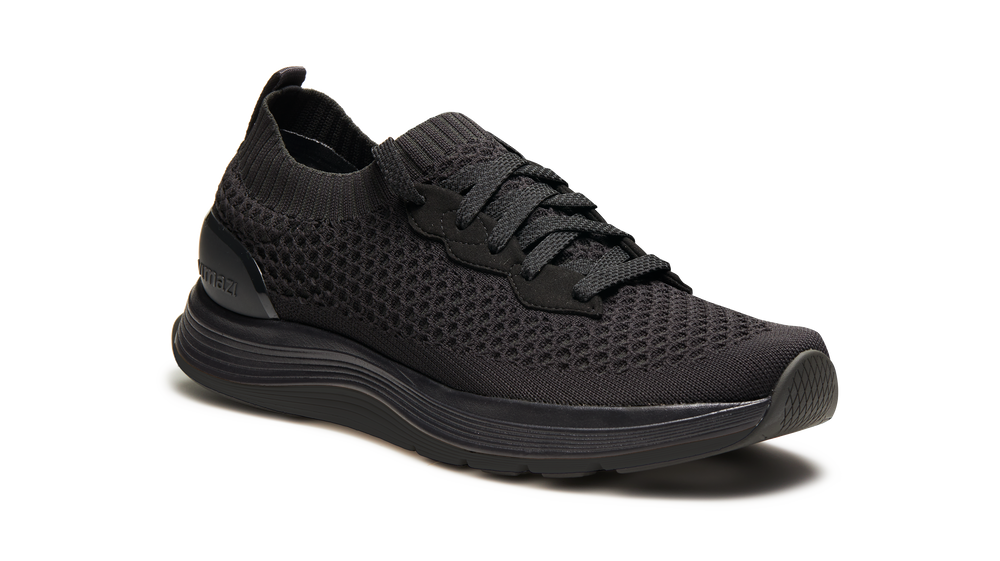Why they're Awesome
CUSHIONING: Personalized max cushioning, Tuned Z-Foam dialed to the forces at Z70 pace range
STABILITY: Molded heel stabilizer, Carbon rubber outsole for max traction, Stability platform
COMFORT: Wide toe box, Breathable upper, Lively pace-tuned feel, Molded foam heel counter, rocker sole design
EFFICIENCY: Forefoot FastPod delivers maximum propulsion efficiency with every stride when in pace zone
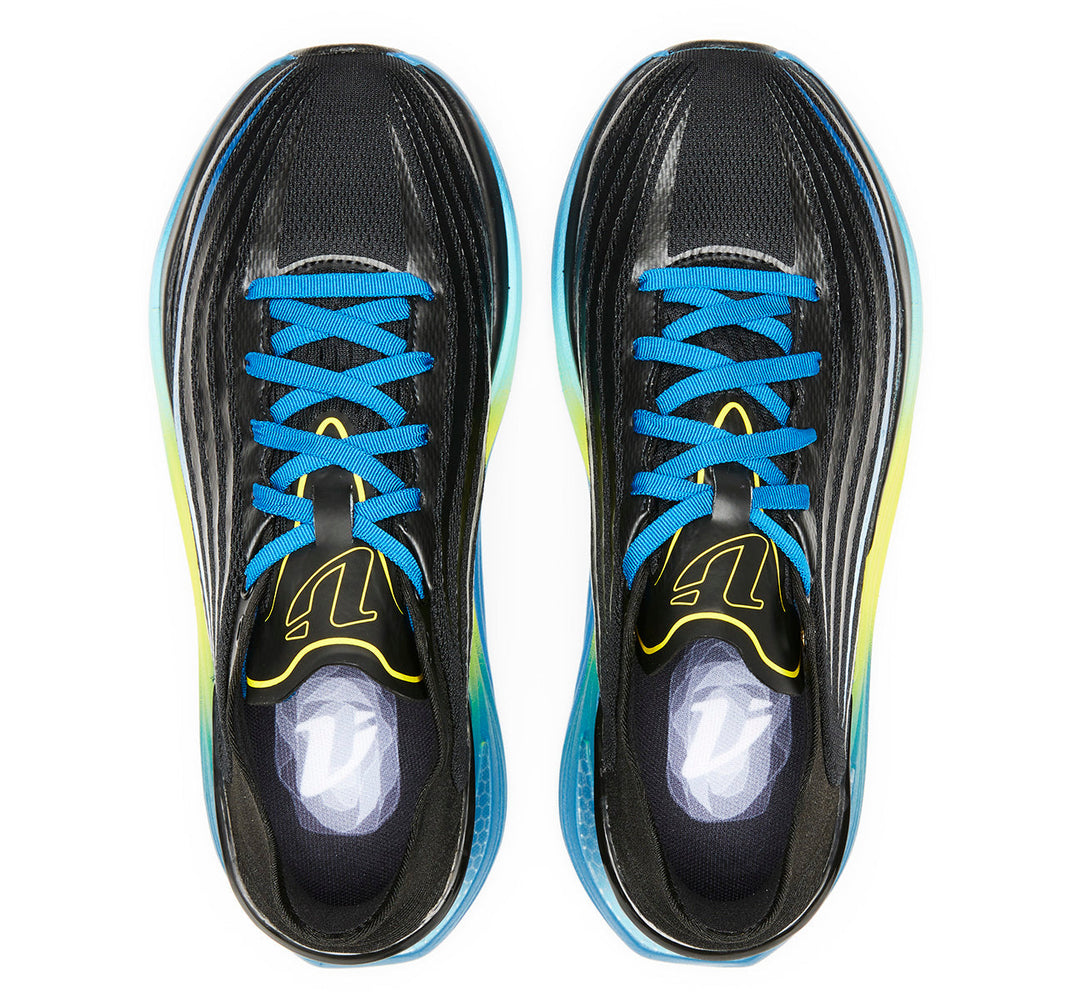
Z70 DESIGN NOTES
ENGINEERING SPECS: Average adult ranges for height, cadence, and body weight at this pace.
CUSHIONING: In order to respond correctly to the specific impact force at 11 minutes per mile, we tune the reaction density of the Z70 heel area so it provides the best cushioning possible at that pace. Forget about a max cushioned shoes made for who-knows-who. The Z70 provides max cushioning for you and the way you run. We call this pace-tuned cushioning. It’s the only way to optimize the cushioning you get on every footstrike.
PROPULSION: We tuned the forefoot FastPods in the Z70 to deliver maximally efficient energy return given the forces needed at this pace to propel yourself forward.
DROP: Runners at this pace are usually average weight and often midfoot to heel strikers. With this in mind, we built a 6mm drop into the Z70. This helps prevent a negative heel drop angle upon impact.
SOLE DESIGN: Rocker design and fortified arch outsole for ideal propulsion. According to a recent paper on arch compression, forces on the arch are greatest during the push-off phase of your stride (not the impact phase). Many shoe designs carve out the arch area, exaggerating pronation. The Z70 fills the arch area to provide support during push-off, precisely when you need it most.
MIDSOLE MATERIAL: Vimazi Z-Foam has an EVA (ethylene vinyl acetate) base. Proprietary additives have been mixed into the EVA to increase abrasion resistance and elongation properties. Most importantly, however, we use our specific EVA blend because it allows us to dial in an ideal compression set for each model. This isn’t possible using other common midsole foams. Finding a foam matrix that could be specced to specific durometers was one of the reasons it took five years to develop and produce our pace-tuned shoes. Our midsole formulas are the heart of the technology. They’re what allow us to tune the Vimazi Z70 to a peak force spec of 525N in heel/midfoot and 1000N in forefoot (M10). No one else does this, and you can't tune shoes in this way using other midsole foams.
Add to your quiver
View allWhy you need a pace-tuned shoe
Everyone who runs 11 minute miles wants the best cushioning available. The trouble, however, is that for more shoes you either get good cushioning or decent efficiency but not both.
Here’s what to know. We all generate a wide range of both impact forces and propulsion forces while running. The forces at 11 minutes per mile are much different than the intense forces at, say, 5 or 6 minutes per mile.
At Vimazi, we researched how midsole material responds to the forces at different running speeds. We found that it’s physically impossible for one midsole foam to respond appropriately at all paces. What does that mean for you? It means that midsole densities need to be adjusted to the pace you run. (No one else does this.)
Our research also showed that the propulsion forces in your forefoot and toe are significantly greater than the impact force when you land. Consequently, the most important aspect of pace-tuning is that running shoes are tuned by both pace and between heel and forefoot.
When we tune the midsole density to the forces you generate upon impact at 11 minutes per mile, we’re able to prescribe the precise amount of cushioning you need. Goldilocks cushioning. Pace-tuned cushioning in the Vimazi Z70 ensures stability during push-off, plus gives you the comfort and health benefits of reduced shock.
But you wouldn’t want better cushioning to result in a mushy, inefficient push-off. To get the lively push-off you want, the forefoot has to be tuned differently from the heel. We’ve engineered the forefoot FastPod in the Z70 to react to the propulsion force you generate at 11 minutes per mile.
Because of pace-tuning, the Z70 reduces shock while increasing efficiency when running between 10:00-12:30 minutes per mile (6:15-7:45 minutes per kilometer).




















